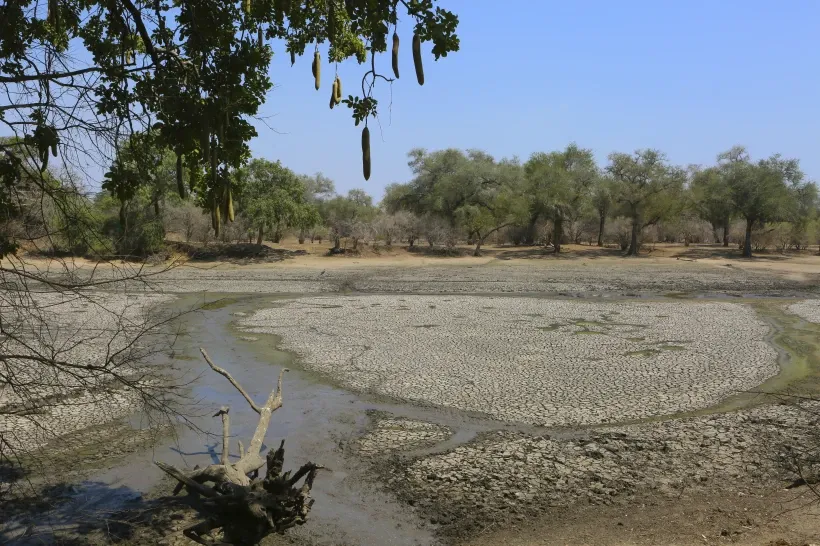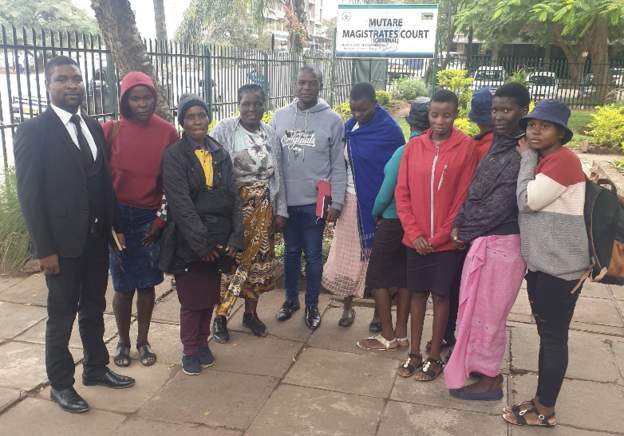[ad_1]
APE TOWN, South Africa — In a pressing announcement, Malawi has declared a state of disaster due to prolonged drought conditions affecting 23 of its 28 districts, highlighting a growing crisis in the southern African region. President Lazarus Chakwera has urgently called for over $200 million in humanitarian assistance to combat the dire situation. This appeal comes shortly after Zambia sought similar support, signaling a widespread emergency fueled by the El Niño weather phenomenon.
Malawi’s plight underscores a broader challenge in southern Africa, where nations like Zimbabwe are also grappling with devastating agricultural losses. The United Nations World Food Programme (WFP) had previously warned that the impact of El Niño could push the region into a severe hunger crisis, with nearly 50 million people in southern and parts of central Africa facing food insecurity.
February marked the driest month in four decades for Zambia and Zimbabwe, as per the WFP’s seasonal monitor. Malawi, alongside Mozambique and parts of Angola, has experienced significant rainfall deficits, jeopardizing the food supply for millions who depend on agriculture for their survival. The region’s staple, corn, has been severely affected, exacerbating the crisis.
El Niño, characterized by the warming of sea surface temperatures in the Pacific Ocean, influences global weather patterns and is linked to reduced rainfall in southern Africa. Scientists have raised concerns that climate change may intensify El Niño events, leading to more severe droughts.
The current drought is reminiscent of the 2015-2016 El Niño, which was the worst the region had faced in 35 years. The humanitarian toll extends beyond human populations, with reports of significant wildlife impacts, including the death of at least 100 elephants in Zimbabwe due to dried-up waterholes.
Before the crisis declarations by Malawi and Zambia, both the WFP and USAID had initiated a program to aid 2.7 million people in rural Zimbabwe. Furthermore, Oxfam has reported that over 6 million people in Zambia are facing acute food shortages and malnutrition.
President Chakwera’s national tour revealed that approximately 44% of Malawi’s corn crop has failed, affecting 2 million households. He emphasized the need for international support to provide around 600,000 metric tons of food aid for the country’s 20 million residents.
Malawi’s recent challenges with weather extremes, including Cyclone Freddy and severe cholera outbreaks, highlight the disproportionate impact of climate change on vulnerable nations. These countries face the brunt of climate-related disasters despite contributing minimally to global emissions, underscoring the urgent need for international solidarity and support in these trying times.
[ad_2]
Source link





